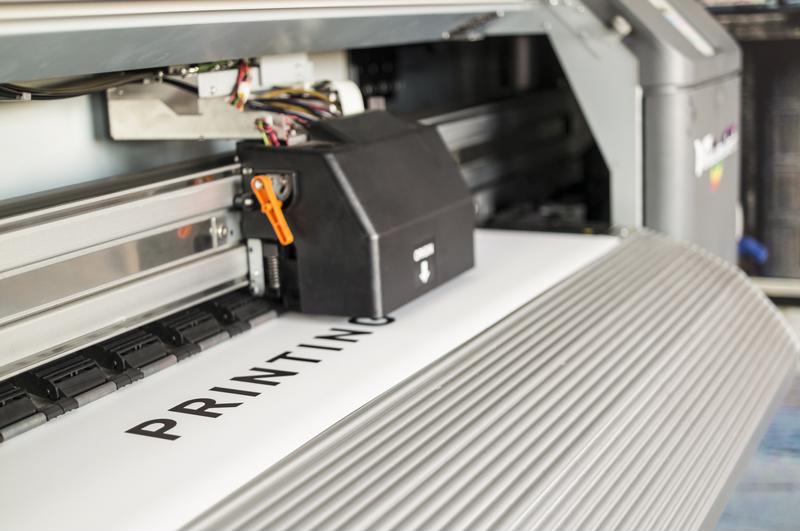
Going paperless is a process, not an immediate transition
When companies and other organizations – regardless of size – make the decision to go paperless, it might feel like a good idea to jump in with both feet. After all, the bottom line and environmental benefits are obvious. But experts warn that it might be wiser to focus on a transition process so that everyone knows exactly what they should do to achieve a seamless switch.
It's generally advised that unless businesses put in a lot of effort to lay the groundwork for an immediate switch to paperless, moving from a paper office environment to a fully digital one isn't quick, according to a report from the Reno Gazette-Journal. Going one step at a time, by paring down the number of documents being printed in the office while also converting paper documents to digital format can help to show employees what the process ought to look like. That way, when companies finally stop printing altogether, everyone involved knows how the new process work instead.

Keep it simple
It might not always be easy for executives to determine how to choose a good scanner, but once the legwork has been done and the purchase made, it's vital to ensure everyone who will be using it knows exactly how it operates, the report said. That will help to ensure a strong workflow management, which will be vital as the company switches to online document management for many of its internal purposes.
In addition, it's also vital for companies not to go overboard with document scanning in the first place, the report said. While there may be a temptation to simply scan everything they use now and worry about it later, that can be inefficient. Instead, carefully considering what forms might be able to be combined or done away with entirely might help to reduce the effort needed to make a successful transition.
A success story
In Garland, Texas, the municipal court building found itself drowning in paperwork, and decided to switch to a paperless environment instead, according to a report from American City and Country. The transition has been quite successful, helping to ensure more documents end up where they should be, with fewer mistakes in filing, changing hands, and so on.
"Court personnel have no paper files anymore, everything is electronic. It's really been a transformative process in the court," Steven Niekamp, CIO for the city of Garland, told the publication.
When these processes are undertaken the right way, the positive impact can be significant. Typically all that's required in this regard is for businesses to make sure they look before they leap, and carefully investigate their options, as well as the best practices for a successful transition.
